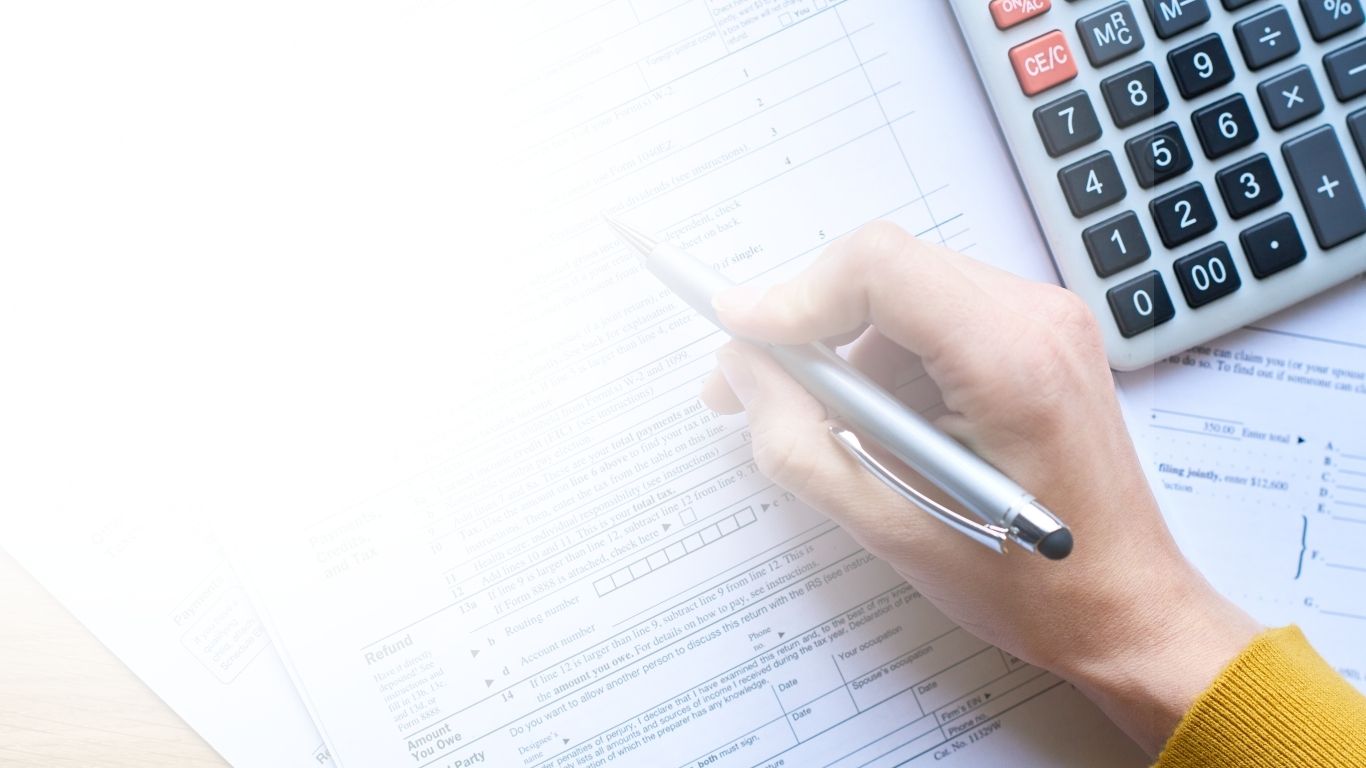The Indonesian government is set to introduce a global minimum tax in the near future, according to Deputy Minister of Finance II, Thomas Djiwandono (Metro TV, 2024). The move is expected to significantly increase tax revenues by IDR 3.8 to IDR 8.8 trillion annually.
The global minimum tax rate of 15% is a consensus among OECD and G20 countries, as outlined in the OECD's Pillar Two Subject to Tax Rule (STTR). The STTR aims to ensure fairer taxation rights between developed and developing nations, providing a more flexible and efficient regulatory framework (OECD, 2024).
Indonesia's aspiration to join the OECD has solidified its commitment to ratify the OECD STTR. The country is currently in the memorandum drafting stage, with completion targeted for December 2024 (Detik Finance, 2024).
On the one hand, the global minimum tax implementation is expected to boost tax revenue by requiring multinational companies with a global turnover exceeding EUR 750 million per year to pay income tax at a rate of 15% in the countries where they operate (FE UM, 2023).
On the other hand, the global minimum rate implementation could potentially hinder investment. As is known, Indonesia is currently offering various tax incentives and tax holidays to attract foreign direct investment, recognizing these as key factors in drawing foreign investment into the country. The Minister of Investment/Head of the Investment Coordinating Board (Badan Koordinasi Penanaman Modal / BKPM), Rosan Roeslani, highlighted that to support the government's policy direction in developing human resources, Indonesia has formulated a Super Tax Deduction policy to encourage investment in research and development (R&D) and vocational training (Metro TV, 2024).
However, with the advent of the global minimum tax, these tax incentives may become less competitive. As other countries adopt the same global minimum tax policy, Indonesia's current incentives could lose their edge. To implement a global minimum tax policy of 15% while improving the investment climate, the government can consider several strategies. First, the government can convert tax incentives and tax holidays into other forms of incentives, such as labor and capital incentives. These alternative incentives would comply with the global minimum tax agreement while maintaining an attractive investment proposition. Second, to ensure the "same level of playing field," the government needs to promptly draft regulations regarding income tax on foreign digital companies operating in Indonesia. Currently, provisions exist for imposing a value-added tax on trade through electronic systems (Pajak Pertambahan Nilai Atas Perdagangan Melalui Sistem Elektronik / PPN PMSE), but income tax regulations for these entities are still lacking. Consistent implementation of these strategies could lead to a simultaneous increase in tax revenues and foreign investment.
References
Detik Finance. (2024, Oktober 24). Sinyal RI Bakal Kenakan Pajak Minimum Global 15%. Retrieved from Detik FInance: https://finance.detik.com/berita-ekonomi-bisnis/d-7570857/sinyal-ri-bakal-kenakan-pajak-minimum-global-15
FE UM. (2023, November 23). Mengenal Pajak Minimum Global, Sistem Perpajakan Baru yang Akan Berlaku pada Tahun 2025. Retrieved from FE UM: http://tlc.fe.um.ac.id/2023/11/20/mengenal-pajak-minimum-global-sistem-perpajakan-baru-yang-akan-berlaku-pada-tahun-2025/
Metro TV. (2024, September 19). Gaet Investor, Rosan Iming-imingi Insentif Pajak. Retrieved from Metro TV: https://www.metrotvnews.com/read/Ky6CP42M-gaet-investor-rosan-iming-imingi-insentif-pajak
Metro TV. (2024, September 30). Indonesia Segera Terapkan Pajak Minimum Global 15%. Retrieved from Metro TV: https://www.metrotvnews.com/play/NxGCzmVn-indonesia-segera-terapkan-pajak-minimum-global-15
OECD. (2024, September 24). New treaty advances Pillar Two global minimum tax Subject to Tax Rule designed to protect tax bases in developing countries. Retrieved from OECD: https://www.oecd.org/en/about/news/press-releases/2024/09/new-treaty-advances-pillar-two-global-minimum-tax-subject-to-tax-rule-designed-to-protect-tax-bases-in-developing-countries.html


